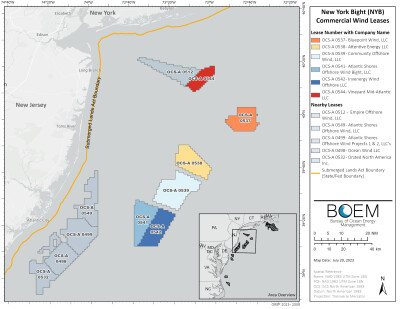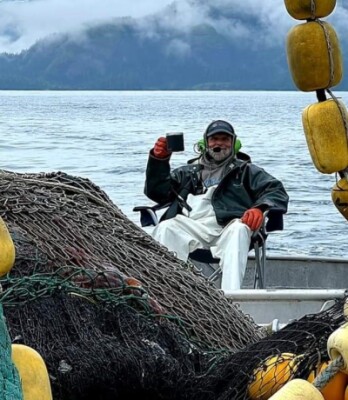Your second term provides an unparalleled opportunity to reconsider current energy and public lands policy, to develop policies which strike a fair balance between resource development and conservation, and to appoint people who are committed to job creation as well as sound environmental management. As a former United States Senator and Chairman of the Senate Energy Committee and Governor of Alaska I commend the Pebble Mine as an outstanding example of the need to reconsider existing policy.
I know that you agree that it is vital to create jobs in rural, minority areas based upon responsible resource development that does not impose unreasonable costs or risks to others, environmental or otherwise. Most would agree that we should not in any way trade the tremendous fishery resource of Bristol Bay for copper and gold. Both of these must be objectives of the Pebble Mine in southwest Alaska.
I am, however, indignant that EPA has sought to preempt the Congressional authorized permitting process and move ahead and conduct a watershed assessment that evaluates the impacts of a "theoretical" Pebble mine – created by EPA personnel alone using outdated and false assumptions. In its widely-panned draft of the watershed assessment, EPA concluded that there would be adverse impacts from such a mine on the Nushagak and Kvichak watersheds.
These watersheds cover 15 million acres of state land in western Alaska. For perspective, this represents an area the size of West Virginia and constitutes nearly 15% of the land Alaska received under the Statehood Act.
By its draft assessment EPA has already gone a long way towards pre-judging the area's suitability for development under Section 404 of the Clean Water Act (CWA) before receiving an actual permit application – based upon an actual project description. In order to give any meaning to EPA law it is imperative that instead of using a hypothetical mine as its decisions basis without any input from the applicant, assessment should wait until there is an application for a CWA permit. This would trigger a National Environmental Policy Act (NEPA) review which is the appropriate vehicle to use to evaluate the costs and risks of an actual project.
Read the full story at the Juneau Empire>>






